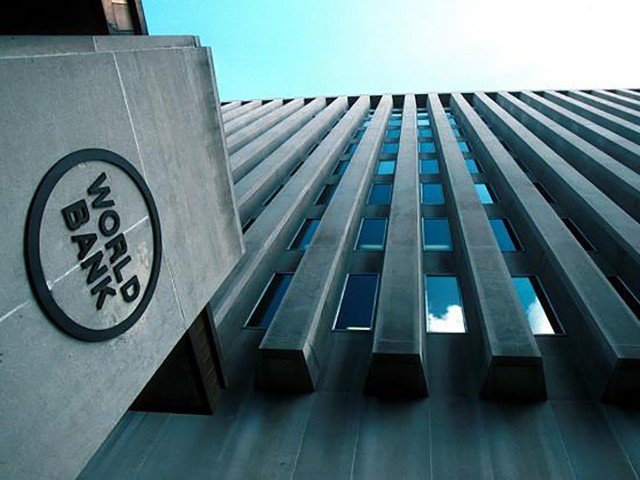The World Bank has raised concerns over the Uraan Pakistan economic plan, highlighting that the national vision lacks detailed sectoral plans essential for addressing the country’s economic challenges. The observation was included in the bank’s recently released Country Partnership Framework (CPF) report, part of a $20 billion development plan approved for the next decade.
The report states that while the government’s 5E Framework — focused on exports, economic growth, energy, education, and equality — is promising, it has yet to be translated into actionable sectoral strategies involving all tiers of government, including provinces.
However, Planning and Development Minister Ahsan Iqbal dismissed the criticism, asserting that the 5E Framework is supported by sectoral targets outlined in the 13th Five-Year Plan.
“The framework is a strategic document, and its implementation will be monitored quarterly by the Prime Minister’s Delivery Unit and the National Economic Transformation Unit,” he said.
Iqbal also explained that Uraan Pakistan combines the 5E Framework with a home-grown economic strategy prepared by UK economist Stefan Dercon.
The World Bank noted Pakistan’s history of stop-and-go reform cycles and short-term economic fixes, which have undermined long-term development. Between 2000 and 2023, the country’s annual per capita GDP growth averaged just 2.2%, significantly below the South Asian average.
The report urged Pakistan to commit to sustained reforms, warning that consumption-driven growth spurts have led to repeated economic crises, growing debt burdens, and fiscal imbalances.
Despite these challenges, the government remains optimistic about its economic vision. Prime Minister Shehbaz Sharif launched the 5E Framework on December 31, emphasizing its potential to transform Pakistan’s economy.
However, the World Bank cautioned that without detailed, actionable plans and coordinated reforms across all levels of government, achieving these ambitious targets may remain elusive.




